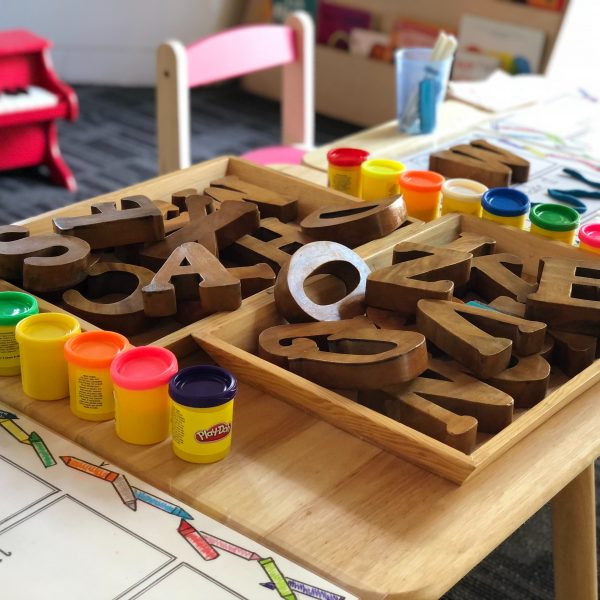What powers do authorised officers have under the National Law and Regulations?

Authorised officers, sometimes referred to as assessors, are appointed by the Regulatory Authority for each state and territory around Australia to carry out specific functions under the National Law and Regulations.
In their work of assessing and rating, monitoring for compliance, and investigating incidents and circumstances within early childhood education and care (ECEC) services, authorised officers have certain powers, including:
- Being able to enter services, with or without the consent of the occupier, at any reasonable time
- The ability to inspect the premises and equipment
- Taking photographs, filming, or making audio recordings at the premises
- Inspecting and copying documents
- Removing documents from the premises
- Asking questions of those on the premises
- Asking those on the premises to provide information or produce documents
- Gathering information and contact details about parents of enrolled children.
In order to exercise their powers, an authorised officer must show their identity card before undertaking a power of entry under the National Law.
It is an offence to hinder or obstruct an authorised officer when they are exercising their powers. This includes abusive, threatening or insulting language towards an authorised officer.
For more information about the role of authorised officers, please see here.
Popular

Policy
Practice
Quality
Provider
Research
Safety starts with supervision: responding to real risks in ECEC
2025-07-07 10:30:58
by Fiona Alston

Policy
Provider
Practice
Quality
Jay Weatherill appointed to co-lead urgent review into childcare safety in Victoria
2025-07-07 07:24:04
by Fiona Alston

Quality
Practice
Provider
Workforce
Reclaiming Joy: Why connection, curiosity and care still matter in early childhood education
2025-07-09 10:00:07
by Fiona Alston













